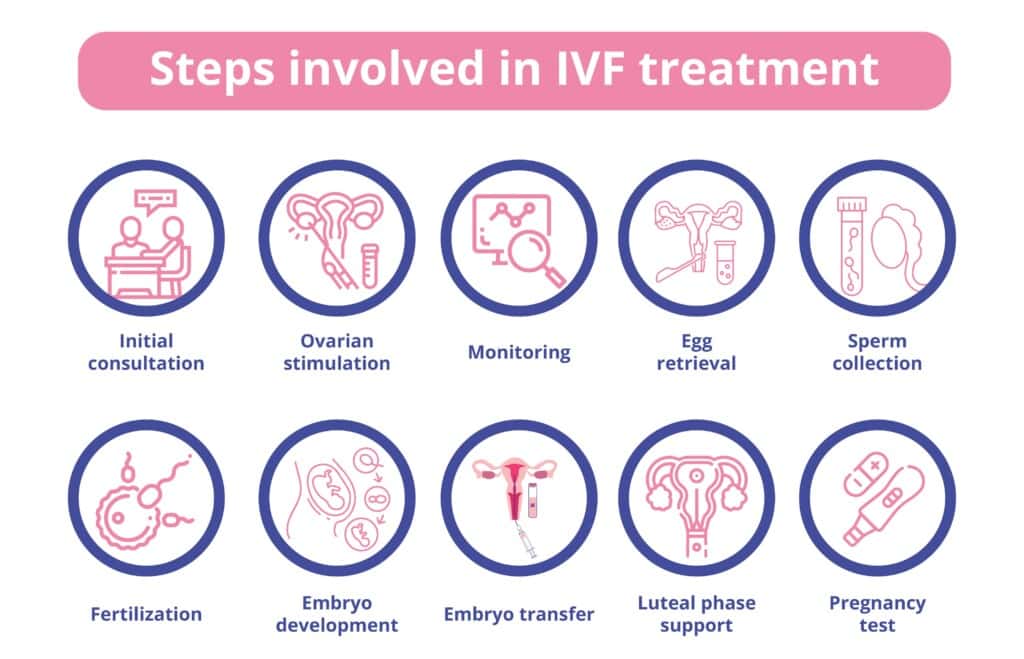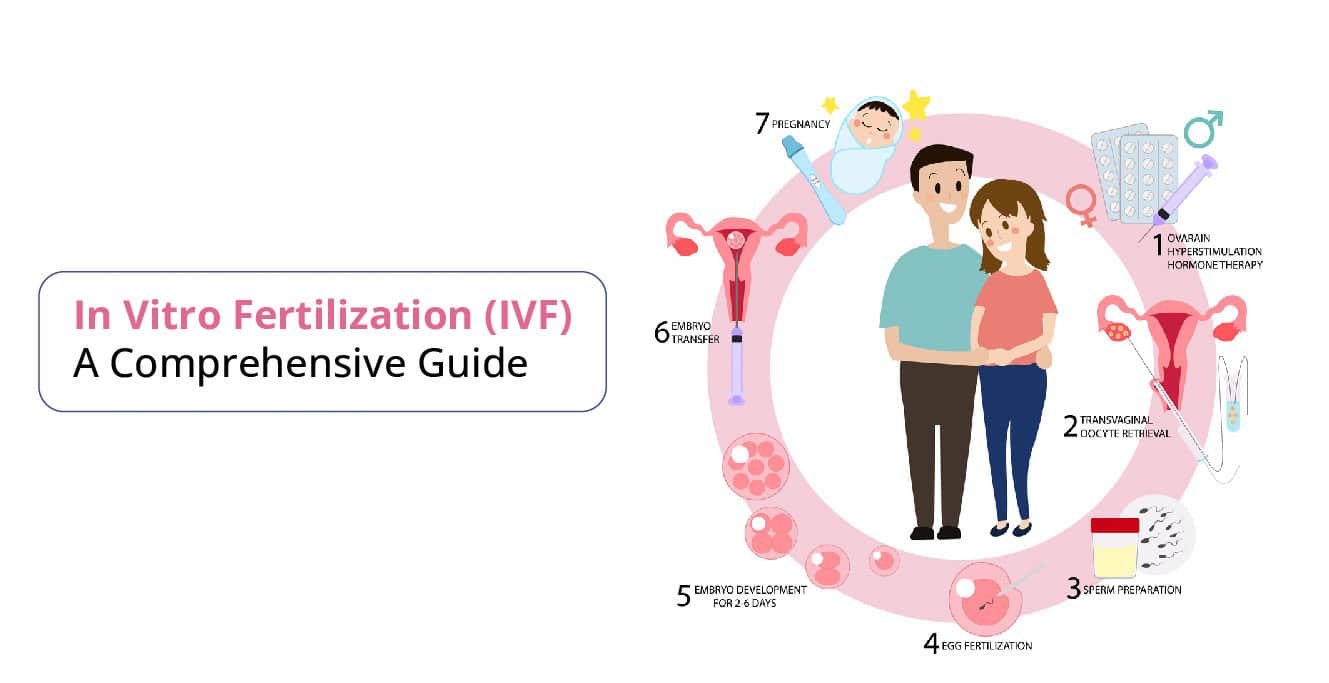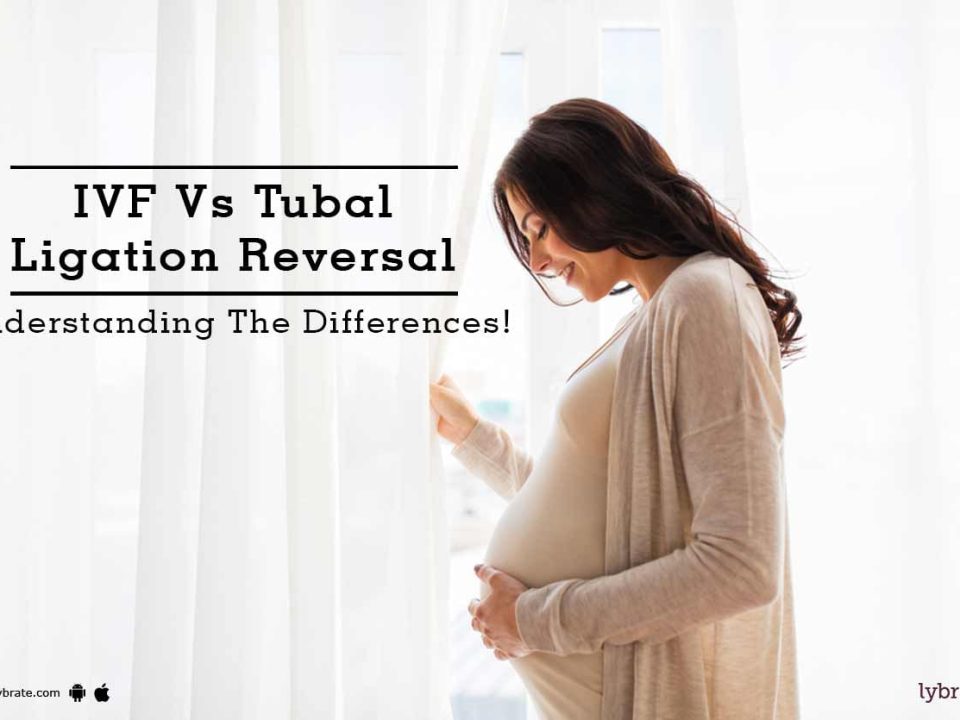Is IVF Safe? Everything You Need to Know About In Vitro Fertilization
In vitro fertilization, or IVF, has been a game-changer for millions of people dreaming of starting a family. Since the first “test-tube baby” was born in 1978, this technology has helped countless couples overcome infertility. But with all the excitement, one question keeps popping up: Is IVF safe? If you’re considering this path to parenthood, you’re probably wondering about the risks, the process, and what it means for you and your future child. Don’t worry—I’ve got you covered. This article dives deep into the safety of IVF, breaking it down with the latest research, real-life insights, and practical tips to help you feel confident and informed.
IVF isn’t just a medical procedure; it’s a journey filled with hope, questions, and sometimes a little uncertainty. From the medications you take to the health of the babies born through IVF, there’s a lot to unpack. We’ll explore how safe it is for women going through the process, what it means for the kids, and even some lesser-known factors that don’t always make the headlines. Plus, I’ll throw in a few interactive bits to keep things engaging—because who doesn’t love a good quiz or checklist? Let’s get started.
What Exactly Is IVF and How Does It Work?
IVF stands for in vitro fertilization, which basically means “fertilization in glass.” It’s a process where doctors combine an egg and sperm outside the body, in a lab, to create an embryo. That embryo is then placed into the uterus, where it hopefully grows into a healthy baby. Simple, right? Well, not quite—it’s a multi-step journey that involves hormones, careful timing, and a bit of science magic.
Here’s a quick rundown of how it works:
- Ovarian Stimulation: You’ll take medications to boost your ovaries into producing multiple eggs instead of the usual one per month. More eggs mean more chances for success.
- Egg Retrieval: A doctor uses a tiny needle to collect those eggs from your ovaries while you’re under light sedation. It’s quick—about 20 minutes.
- Fertilization: In the lab, the eggs meet the sperm (either from a partner or donor). Sometimes, a single sperm is injected directly into an egg—a technique called ICSI (intracytoplasmic sperm injection).
- Embryo Growth: The fertilized eggs grow into embryos over a few days, monitored closely by experts.
- Embryo Transfer: One or more embryos are placed into your uterus using a thin tube. If all goes well, one implants and starts growing.
It’s a process that’s been fine-tuned over decades, but it’s natural to wonder: Does all this tinkering with nature come with risks? Let’s dig into the safety side of things.

Is IVF Safe for Women?
When you’re thinking about IVF, your first concern might be how it affects your body. After all, you’re the one taking the medications and going through the procedures. The good news? For most women, IVF is considered safe, and serious complications are rare. But like any medical treatment, it’s not completely risk-free. Let’s break it down.
The Role of Fertility Drugs
To get those extra eggs, you’ll use hormone injections for about 10-14 days. These drugs—like follicle-stimulating hormone (FSH)—tell your ovaries to kick into high gear. Most women handle this fine, with side effects like bloating, mood swings, or mild headaches. Think of it like a super-charged version of your regular menstrual cycle.
But there’s a small catch: about 1-2% of women experience something called ovarian hyperstimulation syndrome (OHSS). This happens when your ovaries overreact, swelling up and leaking fluid into your belly. Mild cases feel like bad cramps, but severe ones (less than 1% of cases) might need a hospital visit. Doctors today are really good at spotting the signs early and adjusting your meds to keep this under control.
The Egg Retrieval Process
The egg retrieval sounds intense—a needle going into your ovaries?—but it’s a routine procedure done under sedation. Complications like bleeding or infection happen in less than 0.2% of cases, according to the American Society for Reproductive Medicine (ASRM). It’s about as safe as getting your wisdom teeth out, just with a different goal in mind.
Long-Term Health Questions
What about down the road? Some worry that pumping your body with hormones might increase risks like breast or ovarian cancer. Here’s what the science says: A 2023 study from the Journal of the American Medical Association followed over 30,000 women who did IVF and found no significant link to higher cancer rates after 20 years. Another large review in 2022 echoed this—IVF doesn’t seem to mess with your long-term health in a big way. That’s reassuring, right?
Practical Tip: If you’re worried about side effects, talk to your doctor about tailoring your medication dose. Everyone’s body is different, and a personalized plan can make a huge difference.
How Safe Is IVF for Babies?
Okay, so IVF is pretty safe for you—but what about the little ones it helps create? This is where things get a bit more complex, because while most IVF babies are healthy, there are some risks worth knowing about.
Birth Defects: What’s the Real Risk?
You might’ve heard that IVF babies have a slightly higher chance of birth defects—like heart issues or cleft lip—compared to naturally conceived kids. Studies back this up: the risk jumps from about 3% in the general population to 4-5% with IVF, per a 2021 report in Fertility and Sterility. That’s still a small number, but it’s something to think about.
Why does this happen? Experts aren’t 100% sure. It could be the IVF process itself—like how embryos are handled in the lab—or it might be tied to infertility issues in parents that led them to IVF in the first place. The good news? Advances like preimplantation genetic testing (PGT) let doctors screen embryos for problems before transfer, lowering this risk.
Preterm Birth and Low Birth Weight
IVF pregnancies are more likely to end in preterm birth (before 37 weeks) or babies with low birth weight (under 5.5 pounds). A 2023 study from the CDC found that 12% of IVF singletons were born early, compared to 8% in natural pregnancies. For twins—common in IVF since multiple embryos are sometimes transferred—these rates are even higher.
Why? Multiple pregnancies strain the body more, and IVF often involves transferring two embryos to boost success odds. But here’s the shift: clinics are now pushing for single embryo transfers (SET), which cut these risks way down while still giving you a solid shot at pregnancy.
Long-Term Health of IVF Kids
Do IVF kids grow up healthy? Mostly, yes. A 2022 study in The Lancet tracked IVF children into adulthood and found no major differences in things like heart disease, diabetes, or growth compared to their peers. Some early research hinted at slight developmental delays, but bigger, newer studies say those worries were overblown. These kids are hitting milestones and thriving just like anyone else.
Quick Quiz: What’s your biggest worry about IVF babies?
A) Birth defects
B) Preterm birth
C) Long-term health
D) Something else
Drop your answer in your head and see if this section eased your mind!
The Emotional Side: Is IVF Safe for Your Mental Health?
IVF isn’t just physical—it’s an emotional rollercoaster. The waiting, the hoping, the what-ifs—it can take a toll. So, is it safe for your mind and heart?
Stress and Anxiety
Studies show that women going through IVF often report higher stress and anxiety levels than the average person. A 2024 survey by Resolve: The National Infertility Association found that 60% of IVF patients felt overwhelmed at some point. It’s not hard to see why—each cycle brings a mix of excitement and dread, especially if it doesn’t work out.
But here’s the flip side: most people bounce back. Support from partners, friends, or counselors can make a huge difference. Clinics are also stepping up, offering mental health resources alongside treatment.
Coping Strategies That Work
Want to keep your sanity intact? Try these:
✔️ Set Small Goals: Focus on one step at a time—like making it through the shots—rather than the whole outcome.
✔️ Lean on Your Crew: Talk to someone who gets it, whether it’s a friend or an online support group.
✔️ Take Breaks: If a cycle fails, give yourself permission to pause and recharge.
❌ Don’t Bottle It Up: Ignoring your feelings can backfire—let them out in a healthy way.
Real Story: Sarah, a 34-year-old teacher, told me her IVF journey felt like “running a marathon with no finish line.” What helped? Journaling every night and treating herself to a movie after each appointment. Small wins kept her going.
New Angles: What’s Not Talked About Enough?
Most articles stick to the basics—risks for mom, risks for baby. But there are some under-the-radar topics that deserve more attention. Here’s where we go deeper.
The Safety of Freezing Eggs and Embryos
Freezing eggs or embryos is super common in IVF now—maybe you’re saving them for later, or you’ve got extras from a cycle. But is it safe? The process, called vitrification, flash-freezes them to avoid damage. A 2023 study in Reproductive BioMedicine Online found that babies born from frozen embryos had the same health outcomes as those from fresh ones—no uptick in defects or complications. Freezing’s come a long way, and it’s looking solid.
Environmental Factors in the Lab
Ever wonder about the lab where your embryos are made? The air quality, the equipment, even the culture media (the liquid they grow in) can matter. A 2024 paper from Human Reproduction pointed out that top-notch labs with strict controls—like filtering out pollutants—have better success rates and healthier embryos. Not all clinics are equal, so asking about their lab standards could be a smart move.
The Impact of Stress on IVF Success
Here’s a twist: your stress levels might affect more than just your mood. A 2023 study from the University of California found that women with lower cortisol (stress hormone) levels during IVF had a 15% higher chance of implantation. It’s not a dealbreaker, but it’s a nudge to chill out where you can—maybe with yoga or a good playlist.
Latest Trends and Research: What’s New in 2025?
IVF’s always evolving, and 2025’s bringing some fresh insights. Here’s what’s hot off the press.
AI in Embryo Selection
Clinics are now using artificial intelligence to pick the best embryos. A 2024 trial in Nature Medicine showed AI could predict embryo viability 20% better than human embryologists alone. Fewer guesswork, better odds—pretty cool, huh?
Safer Meds
Newer fertility drugs are hitting the scene, designed to lower OHSS risks even more. A 2025 study in Fertility and Sterility found that a drug combo called “dual trigger” cut severe OHSS cases by half compared to older protocols. Ask your doc if this is an option for you.
Post-COVID IVF Insights
Since the pandemic, researchers have been curious about how COVID-19 affects IVF. A 2023 meta-analysis in Frontiers in Endocrinology looked at 317 women who’d had COVID before IVF and found no big impact on egg quality or pregnancy rates. It’s a relief for anyone worried about lingering effects.
Practical Tips: Making IVF as Safe as Possible
You’ve got the facts—now what? Here’s how to stack the deck in your favor.
Choose the Right Clinic
Not all IVF centers are created equal. Look for:
✔️ High success rates (check CDC or SART reports)
✔️ A strong lab with modern tech
✔️ Doctors who listen and explain
❌ Avoid places that rush you or push unnecessary extras
Single Embryo Transfer (SET)
If you’re under 35 or have good-quality embryos, go for SET. It slashes the twin risk—and all the complications that come with it—while keeping your success odds high.
Monitor Your Body
Keep a daily log of how you feel on meds—any weird symptoms, jot them down. Share it with your doctor to catch issues early.
Checklist: Your IVF Safety Prep
- Research clinic success rates
- Ask about lab standards
- Discuss SET with your doctor
- Plan stress-relief activities
Real Risks vs. Myths: Clearing the Air
There’s a lot of noise out there about IVF safety. Let’s sort fact from fiction.
| Myth | Fact |
|---|---|
| IVF always leads to twins | Nope—single transfers are the norm now, and twins happen in just 10-15% of cases. |
| Hormones cause cancer | Studies show no clear link after decades of research. |
| IVF babies are weaker | Most grow up just as healthy as other kids—early risks fade over time. |

Your IVF Safety Score: A Fun Self-Check
How ready are you to tackle IVF safely? Answer these quick questions (in your head or on paper) and tally your “yes” answers:
- Have you researched your clinic’s success rates?
- Are you open to single embryo transfer?
- Do you have a stress-management plan?
- Have you talked to your doctor about medication side effects?
- Are you okay asking questions if something feels off?
- 4-5 Yeses: You’re in great shape—go rock that IVF journey!
- 2-3 Yeses: Solid start—brush up on a couple areas.
- 0-1 Yes: No sweat—use this article to get prepped.





